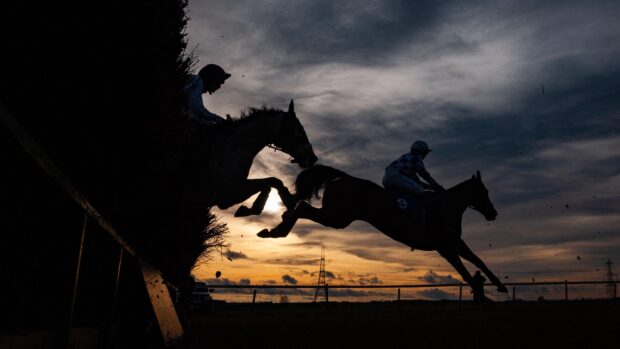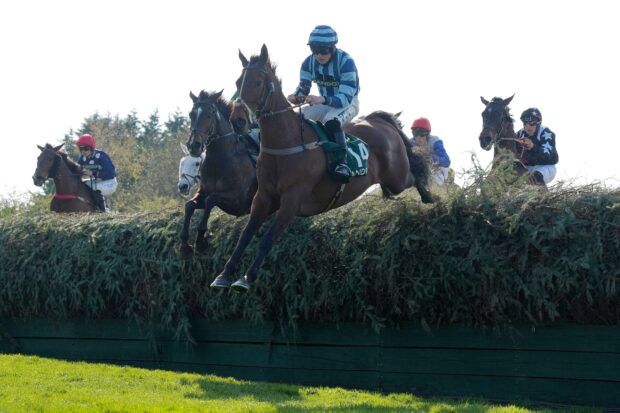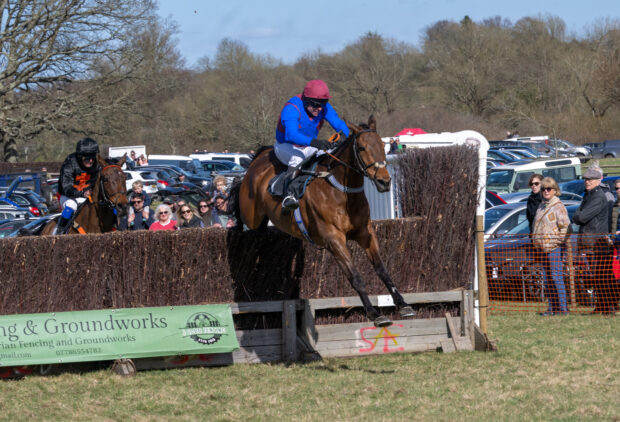Hunts around the country are being canvassed about the viability of their point-to-points in order to work out how to boost the sport following a tough few seasons.
The economic climate and bad weather is being blamed for waning support. The annual point-to-point typically brings in an important part of a hunt’s income, but in recent years some meetings have struggled to attract sufficient entries.
This season there will be 199 fixtures – down from 206 last year – as well as a 6.8% drop in horse registrations and a 10.8% drop in riders applying for licences.
A survey, run jointly by the Masters of Foxhounds Association (MFHA) and the Point-to-Point Authority (PPA), was sent to hunts earlier this month to gauge whether fixtures are still central to their season and fundraising.
And masters are holding meetings to discuss the state of the sport.
“The results at the moment are as we expect – that making money is becoming increasingly difficult,” MFHA chairman Stephen Lambert told H&H.
Questions in the survey mostly relate to cost – and include “have you seen reduction in revenue, if so why is that?”, “What is the average profit you’ve made at fixtures over the past five years?, “Why do you hold a point-to-point?” and “Are you contemplating not holding a point-to-point?”
Another major question is whether the point-to-point subscription should be collected nationally.
“We want to focus hunts’ minds,” added Mr Lambert. “The sport is becoming more professional; people’s expectations are much higher and costs are rising.
“We want to provide support to help hunts maximise their profit. They need to remember that fixtures are not just about making money for their hunt, but as an industry as a whole.
“It is our responsibility to ensure pointing is in the best possible shape – the financial value to hunting is enormous,” he added.
Both the MFHA and PPA want to encourage hunts to hold meetings earlier in the season.
“Star fixtures” – such as Easter and bank holidays – cost more to run compared with “unfashionable” dates in November, December and January.
But more fixtures mean that more horses can run, thus making more money via subscriptions.
Last month, Tweseldown racecourse, near Aldershot, Hants, announced it was to close after almost 150 years due to lack of funding.
“It is an amateur sport run in a professional way – all costs are rising,” said Steven Astaire of the Tweseldown Club and a director of the PPA.
“You can’t push water uphill. Some hunts will make more than £30,000 in a meeting, others won’t even break even. We need to be innovative with race planning,” he added.
Trainer and race-rider Kayley Jones added: “Pointing is a true amateur sport with some really loyal, die-hard fans.
But it is obvious from the dropping numbers and closure of Tweseldown that the sport needs to be pushed forward to prevent it from dying out.”
This news story was first published in the current issue of H&H (20 September 2012)




